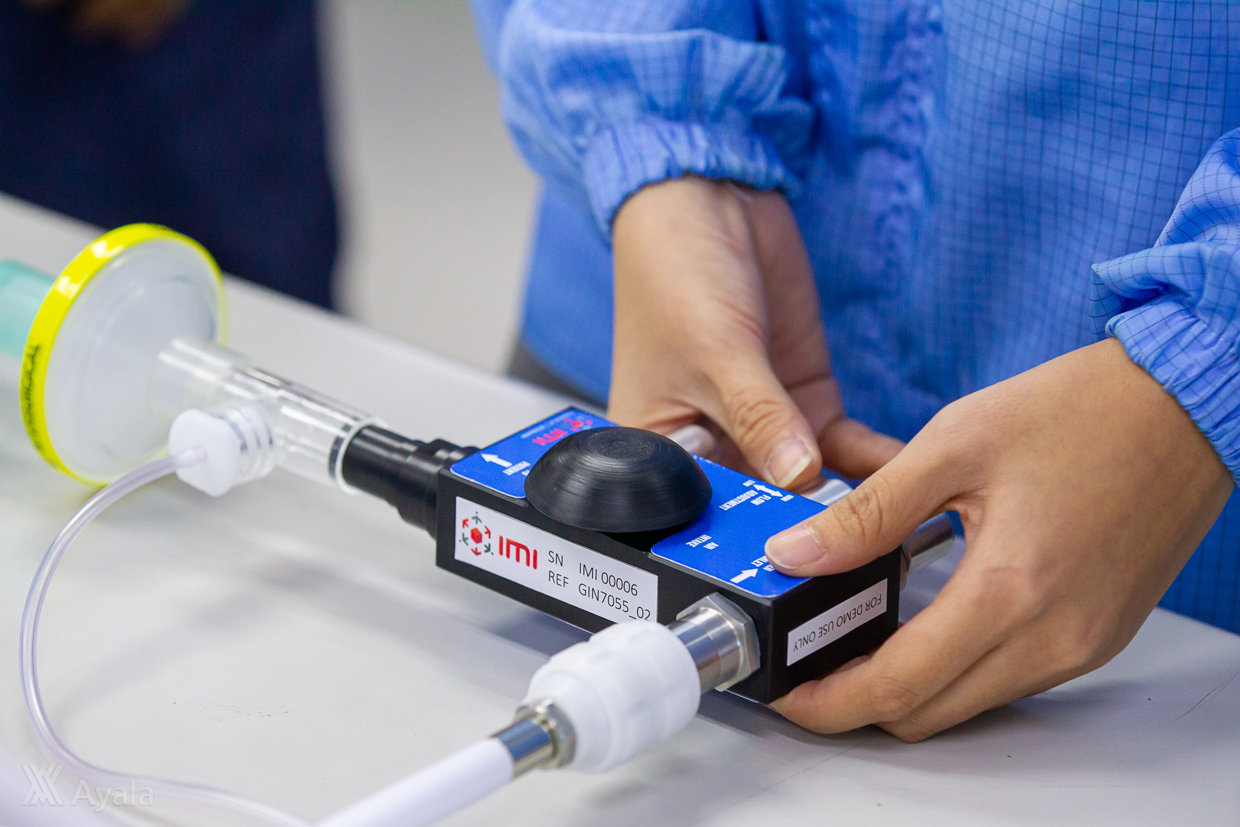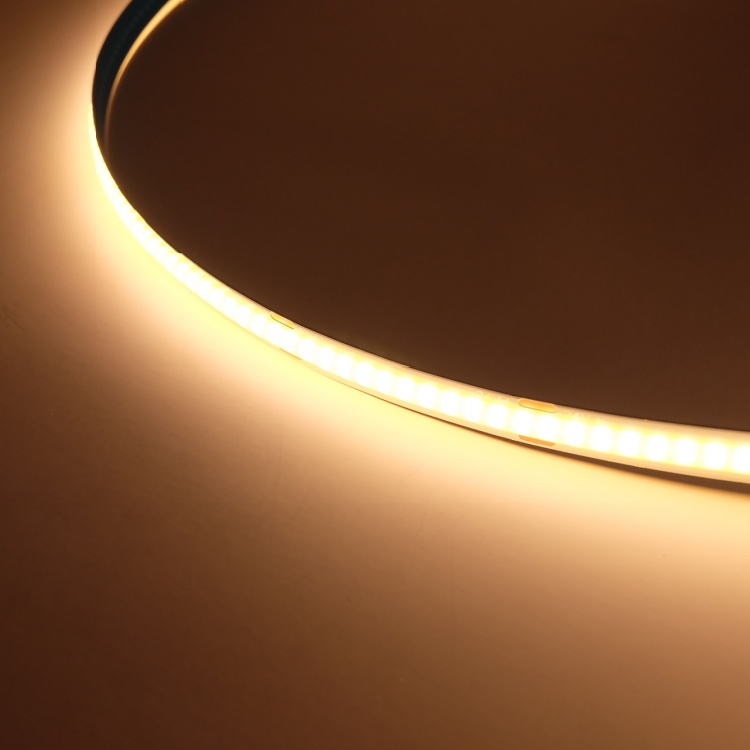A Race Against Time: The Ventura CPAP Device

Last week, we shared how IMI, through its subsidiary STI Ltd, is contributing to VentilatorChallengeUK. This week, we talk about how experts in various disciplines came together to produce an alternative breathing aid solution vital to the battle against COVID-19.
On March 19, 2020, Italy surpassed China as the country with the then-highest reported death toll from the COVID-19 pandemic. The media reported hospital wards crammed with beds, patients spilling into corridors and waiting areas, and coffins awaiting burial lined up in churches.
Professor Mervyn Singer, a critical care consultant at the University of College London (UCL) Medicine, had colleagues on the front lines in both China and Italy. They told him how, along with mechanical ventilators, continuous positive air pressure (CPAP) devices were vital to managing COVID-19 patients.
Invasive vs. non-invasive ventilation
Together with personal protective equipment (PPE) and in vitro diagnostic tests, invasive and non-invasive ventilators are priority medical devices for COVID-19 prevention, diagnostic, and management.
Invasive mechanical ventilation, which uses a machine to push air and oxygen into your lungs through a tube in your windpipe, poses risks for both the patient and the healthcare worker. For patients, it can damage their vocal cords and make them more susceptible to pneumonia. For healthcare professionals, there is a risk of infection as the patient may expel the virus into the air during intubation and extubation. This type of ventilator and trained staff are limited. Because of these reasons, invasive mechanical ventilators should be reserved for the most critically ill.
Unlike invasive mechanical ventilators, CPAP devices don’t require intubation or sedation. It helps patients breathe by providing a mixture of oxygen and air at constant pressure (slightly higher than normal atmospheric pressure) through a facemask.
A crucial collaboration
Knowing that it was only a matter of time before COVID-19 overwhelmed the resources and staff of the British healthcare system, Singer contacted Professor Tim Baker of UCL Mechanical Engineering. He gave Baker a conventional CPAP flow generator with a simple instruction: “We need more of these.”
Baker reached out to Andy Cowell and Ben Hodgkinson, his long-time collaborators at Mercedes AMG High Performance Powertrains (HPP), the British Formula One engineer manufacturer for Mercedes-AMG Petronas, Racing Point, and Williams. What would normally have taken years to achieve, they did in a matter of days: less than one hundred hours after the initial meeting, they had produced their first prototype. For the team of clinicians at University College London Hospital (UCLH) as well as mechanical engineers at University College London (UCL) and Mercedes AMG HPP, it was a race outside of the Formula One circuit that was worth winning.
In 2019, Mercedes AMG HPP won the Formula One World Constructors’ Championship. At present, the machines that would normally produce internal combustion engines are churning out the Ventura CPAP device—their entire facility in Brixworth, Northamptonshire has been repurposed to produce up to 1,000 units a day.
The Ventura CPAP device will “help to save lives by ensuring that ventilators, a limited resource, are used only for the most severely ill,” says Professor Mervyn Singer in this article on the UCL website.
IMI brings Ventura CPAP device to the Philippines
To aid in the global fight against COVID-19, the team behind the Ventura CPAP device has released its designs and manufacturing instructions at no cost to governments, manufacturers, academics, and health experts around the world.
Heeding the Philippine government’s call for the local sourcing and manufacturing of low-cost ventilators and other breathing aid solutions, IMI and STI Ltd is organizing a series of virtual information-sharing sessions to explore non-invasive, alternative ventilatory strategies using the Ventura CPAP device. The sessions will involve medical experts, health practitioners, and relevant government agencies.
The proponents in the UK have granted a license to IMI to manufacture the product in the Philippines, and IMI is working with the Institute of Biomedical Engineering and Health Technologies (IBEHT) of De La Salle University (DLSU) to locally develop and manufacture the Ventura CPAP device.
In the face of a scarce resource and an urgent need; as hundreds of thousands fight a deadly, unseen enemy—when science and technology are powered by collaboration and driven by humanity, there are no limits and there is always hope. It is a hope we all hold on to as healthcare workers all over the world do battle in the front lines for all of us and as scientists and inventors strive for faster, better solutions—and perhaps, soon, a cure.
Other Blog


